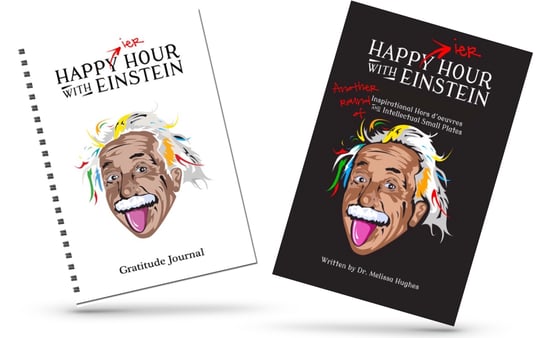Have you ever walked into a store planning to buy just one or two things and walked out an hour later with a whole shopping cart full of stuff? It's called "the Costco effect" and it's a masterful psychological journey that many of us never even notice.
The Costco Effect is one of many neuroscience secrets that influence our behavior as consumers. The Costco Effect begins the moment you walk into the store. Even if you have a list and you know exactly where to find every item on that list, Costco has a plan for your shopping experience. Costco greets you with electronics and jewelry- their highest price merchandise. Most of us don't have a big screen television or diamond ring on our shopping lists. That really doesn't matter. Just walking by that section, our brains are unconsciously primed with the high-priced items making that $29 can of peanuts seem like... well, peanuts in comparison. It's a classic example of the anchor effect which is a close cousin of the decoy effect - another powerful influence on consumer decision making.
Of the hundreds of things you can buy at Costco — from bulk snacks to electronics to pool toys and underwear — the most effect Costco Effect strategies of all time is the rotisserie chicken. Costco sold more than 106 million birds last year alone and have refused to increase the $4.99 bargain price by even $1 since 2009. What is more puzzling is that the company loses an average of $35 million a year on this single product.
As the name implies, a loss leader is supermarket-speak for a product sold below its market value to attract customers to the store. They don't mind losing money on the chicken because they know that to get to it, you have to pass by a million other things you didn't know you needed and drop into the cart. The most frequented, sought-after items are hidden in the furthest corners so you have to traverse the entire store to find them.
And have you ever noticed that there are some product lines with very limited choices? How is it possible that a huge warehouse of food only carries 2 kinds of pickles compared to a grocery store with an entire section - top shelf to bottom - with endless varieties and brands? Poor merchandising? Just the opposite. This is the Paradox of Choice at work. Above a certain number of options, choices no longer liberate us but debilitate us. The less choice you have, the more quickly you are likely to decide and be happy with that decision.
Another aspect of the Costco effect is when you see a good deal, suddenly you need it. A minute before you saw it, you didn't need it at all. Also, the next time you come, that amazing (fill in the blank) might not be there so you better grab it now. Humans have a strong tendency to pay attention to what other people want. We assume things that things other people want are valuable and valuable things are scarce.The impulsivity of the social proof and the scarcity bias frequently kicks in when we think product is in short supply and we might miss a great deal unless we buy it now.
Unconscious Priming
To be fair, Costco isn't the only culprit. Many stores and restaurants use an assortment of psychological tricks, or priming, to get you to spend more money than you planned. Whole Foods leads the pack in consumer priming. What do you see first when you walk into the store? Fresh cut flowers. Advertisers call this an example of “symbolics” or unconscious suggestions. In this case, Whole Foods wants us to know the store is bursting with freshness.
The way the produce is displayed in wooden crates and baskets is folksy and homey - like you just missed Farmer Al dropping off his freshly picked cukes and maters. And have you wondered who gets to hand chalk all of those signs? (Here's a hint - it's not chalk and they aren't handwritten; it's paint and they are mass produced in a factory.)
And the misters that keep certain vegetables glistening? It's not to keep them fresh; it's so you and I associate them with freshness and purity. Ironically, that constant water supply actually reduces the shelf life of the veggies.
All of these psychological tricks are examples of priming. Malcolm Gladwell, author of the bestselling book Blink: The Power of Thinking Without Thinking, described priming this way:
"What we think of as freewill is largely an illusion: much of the time, we are simply operating on automatic pilot, and the way we think and act—and how well we think and act on the spur of the moment—are a lot more susceptible to outside influences than we realize."
Want to learn more about how the brain works and how the brain quirks?
Check out my books available now on Amazon Prime!









